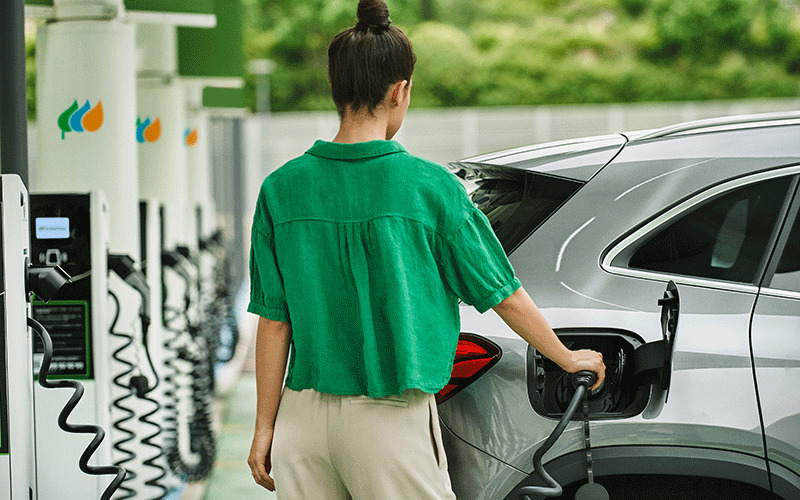The sales of battery electric vehicles (BEV) in the UK for 2023 have been revised down by 1.7% to 324,000 units.
This is despite BEV’s 42nd consecutive month of growth year-on-year with 23,943 new registrations during October, up 20.1% from the same period a year earlier, according to the latest figures from the Society of Motor Manufacturers and Traders (SMMT).
However, despite the continued growth of BEV’s registrations, it still struggles to increase its market share, which was at 15.6% in October, a small increase from the 14.8% of market share in October 2022. So far this year, in terms of market segments, private registrations accounted for less than one in four new BEVs, underscoring the need for fiscal incentives for private consumers, said SMMT.
Hybrid electric vehicles (HEV) on the other hand had a higher YoY increase with sales up 24.6%, and 19,574 new registrations in October, after experiencing its best month of the year in September with 38,014 hybrids registered.
Mike Hawes, chief executive at SMMT, said: “With demand for new cars surpassing pre-pandemic levels in the month, the market is defying expectations and driving growth. As fleet uptake flourishes, particularly for EVs, sustained success depends on encouraging all consumers to invest in the latest zero emission vehicles. The Autumn Statement is a key opportunity for government to introduce incentives and facilitate infrastructure investment. Doing so would send a clear signal of support for drivers, reassuring them that now is the time to switch to electric.”
Moreover, new plug-in registrations compared to new standard chargers installed has improved in the third quarter of this year with one new charger for every 26 plug-in car hitting the road between July and September. The number improved from the same period in 2022 when one new charger was met with 38 new plug-in cars.
During Q3 2023, 4,753 new chargers were installed with four out of five from London and the South East, showing a disproportion between these two regions and the rest of the UK, as they accounted for less than two in five new plug-in car registrations during the same period.
“With EV uptake greatly influenced by perceptions of chargepoint infrastructure availability and accessibility, action should be taken to ensure more equitable distribution and pricing for public charging. Reducing VAT on public charging to match home use would mean those unable to install their own chargepoint – typically those in flats, terraces and rented accommodation – would avoid paying four times the tax paid by those who can – typically those who own houses with off-street parking,” said the SMMT.
This comes after OVO slashed rates for its Charge Anytime by 30% to 7p/kWh last week, further increasing the disparities between charging a car at home with public charging, which has an average cost of 0.48/kWh.






